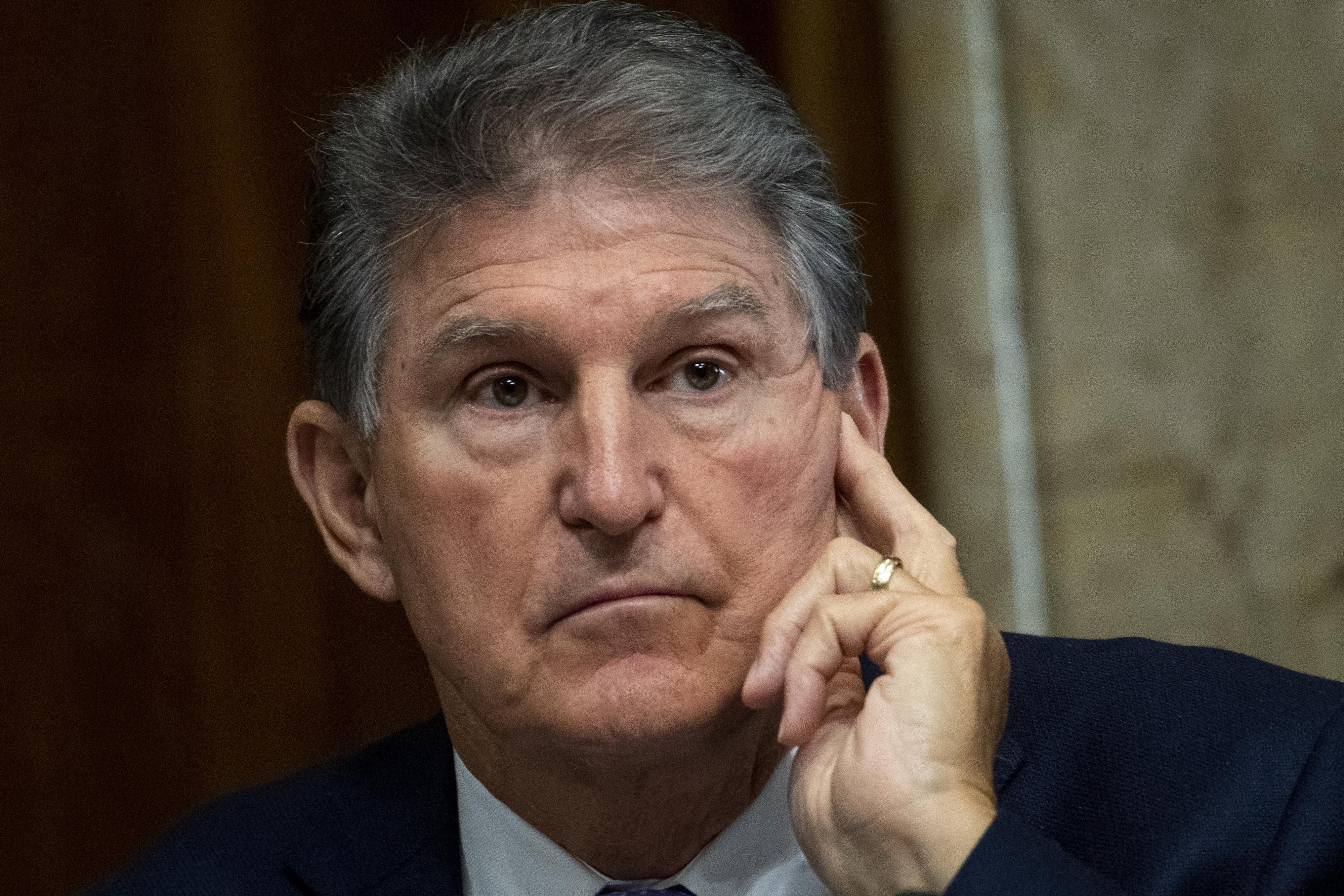Joe sinks Joe. It looks like US President Joe Biden has come to the end of the road with his $1.75 trillion Build Back Better Plan, now that Sen. Joe Manchin (D-WV) has announced flatly he’ll vote “no.” With the Senate split 50-50, Biden needs every Democrat vote in the chamber. The White House haggled with Manchin for months — “dancin’ for Manchin”, you might say. Biden even cut the proposed spending in half. But the moderate Manchin said he still “couldn’t get there” because of concerns about the deficit, and further stoking already high inflation. Republicans, of course, are ecstatic, because passing BBB is Biden's key pitch for Americans to vote for Democrats in next year's midterms and re-elect him (or another Democrat in his place) in 2024. It's not too late to reach a fresh compromise on the bill, but the longer the Dems keep squabbling, the longer their odds of retaining control of Congress next November.
